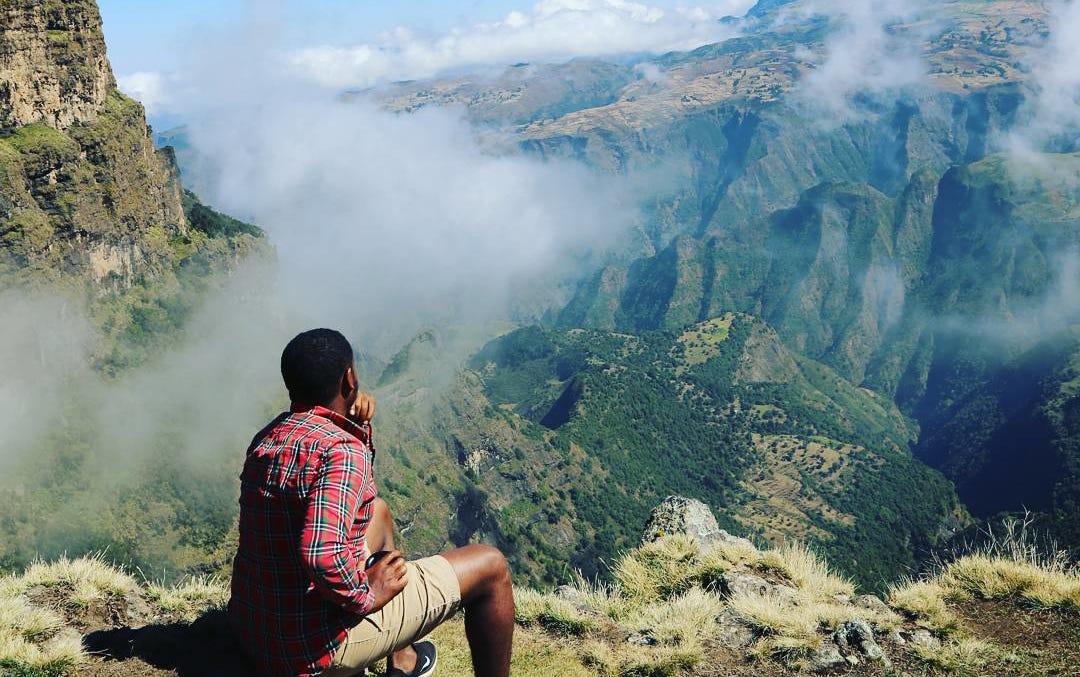Your basket is currently empty!
Relocating to Africa is an exciting and transformative experience. Whether you are moving for work, adventure, or a fresh start, this vast and diverse continent offers rich cultures, breathtaking landscapes, and unparalleled opportunities. However, like any major move, careful planning and preparation are essential for a smooth transition. This step-by-step guide will help you navigate the process, from packing to settling into your new home.
Step 1: Research Your Destination
Africa is a continent of 54 countries, each with its own unique culture, climate, and regulations. Start by researching the country you plan to relocate to. Consider factors such as:
- Visa Requirements: Understand the type of visa you need and the application process.
- Cost of Living: Research housing, transportation, healthcare, and everyday expenses.
- Safety and Security: Review travel advisories and local crime statistics.
- Cultural Norms: Learn about the local customs, languages, and traditions.
Websites, expat forums, and travel blogs can provide valuable insights from those who have already made the move.
Step 2: Create a Relocation Plan
Once you’ve chosen your destination, develop a detailed relocation plan. This should include:
- Timeline: Outline key milestones, such as visa approval, flight booking, and moving day.
- Budget: Factor in costs for moving services, flights, housing, and any unexpected expenses.
- Important Documents: Ensure you have valid passports, vaccination records, and copies of essential documents (birth certificates, marriage certificates, etc.).
Step 3: Secure Housing and Employment
Finding a place to live and securing a job are crucial steps in the relocation process. If possible, arrange temporary housing before your move to give yourself time to find permanent accommodations. Many expats opt for short-term rentals or serviced apartments.
For employment, networking is key. Use platforms like LinkedIn and connect with local professionals or organizations in your field. Alternatively, consider remote work options if your profession allows it.
Step 4: Pack Smartly
Packing for a move to Africa requires careful consideration. Focus on essentials and items that may be difficult to find locally. Here are some tips:
- Clothing: Pack for the local climate, including lightweight clothing for hot weather and layers for cooler regions.
- Electronics: Bring voltage converters and adapters if needed.
- Medical Supplies: Include prescription medications, first-aid kits, and any specific health-related items.
- Personal Items: Don’t forget sentimental items that will make your new space feel like home.
Minimize clutter by selling, donating, or storing non-essential items before the move.
Step 5: Plan for Healthcare and Insurance
Healthcare systems vary across Africa, so it’s essential to research your options in advance. Find out whether your destination offers quality healthcare facilities and whether health insurance is mandatory. Many expats opt for international health insurance for added coverage.
Additionally, check the vaccination requirements for your destination. Common vaccines for travelers to Africa include yellow fever, typhoid, and hepatitis A and B. Consult a travel clinic for recommendations.
Step 6: Prepare for Cultural Adjustment
Relocating to Africa involves adapting to a new way of life. Here’s how to ease the transition:
- Learn the Language: While English, French, and Portuguese are widely spoken in many African countries, learning a local language can enrich your experience.
- Join Expat Communities: Connecting with other expatriates can provide support and advice.
- Embrace Local Customs: Be open to trying new foods, participating in cultural events, and learning about local traditions.
Step 7: Manage Finances
Set up a local bank account to facilitate financial transactions. Research the currency and exchange rates, and inform your home bank about your move. Additionally, explore mobile payment options, which are widely used in many African countries.
Step 8: Stay Connected
Maintaining communication with loved ones back home is important. Invest in a reliable internet connection and choose an international phone plan. Social media and video calls can help you stay in touch.
Step 9: Settle In
Once you arrive, take time to familiarize yourself with your new surroundings. Explore your neighborhood, meet your neighbors, and find essential services like grocery stores and healthcare facilities. Be patient with yourself as you adjust to your new environment.
Step 10: Thrive in Your New Home
Relocating to Africa is more than just a move—it’s an opportunity for personal growth and discovery. Embrace the challenges and joys of this journey, and you’ll find yourself thriving in your new home.
With proper planning, an open mind, and a sense of adventure, relocating to Africa can be one of the most rewarding experiences of your life. Safe travels!










